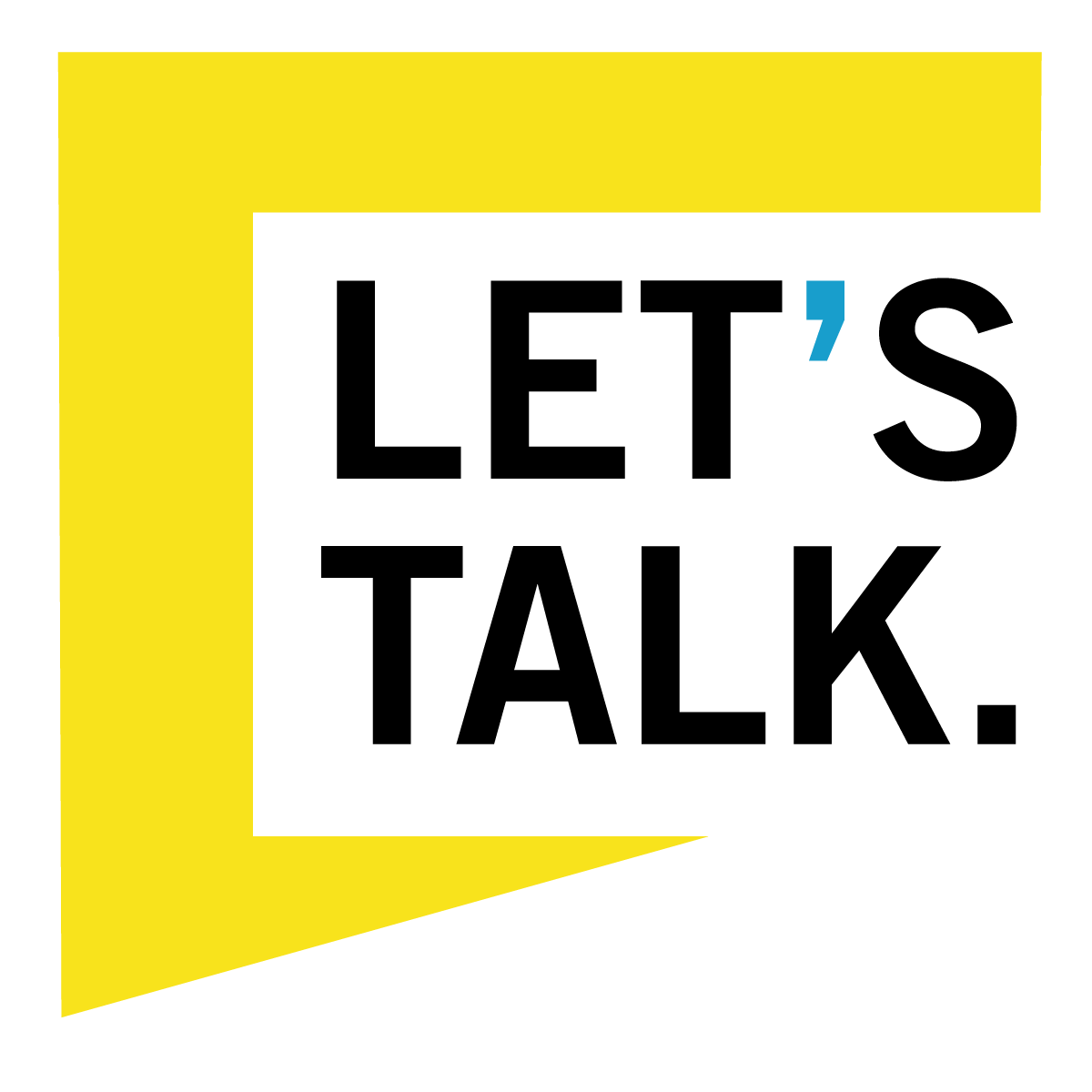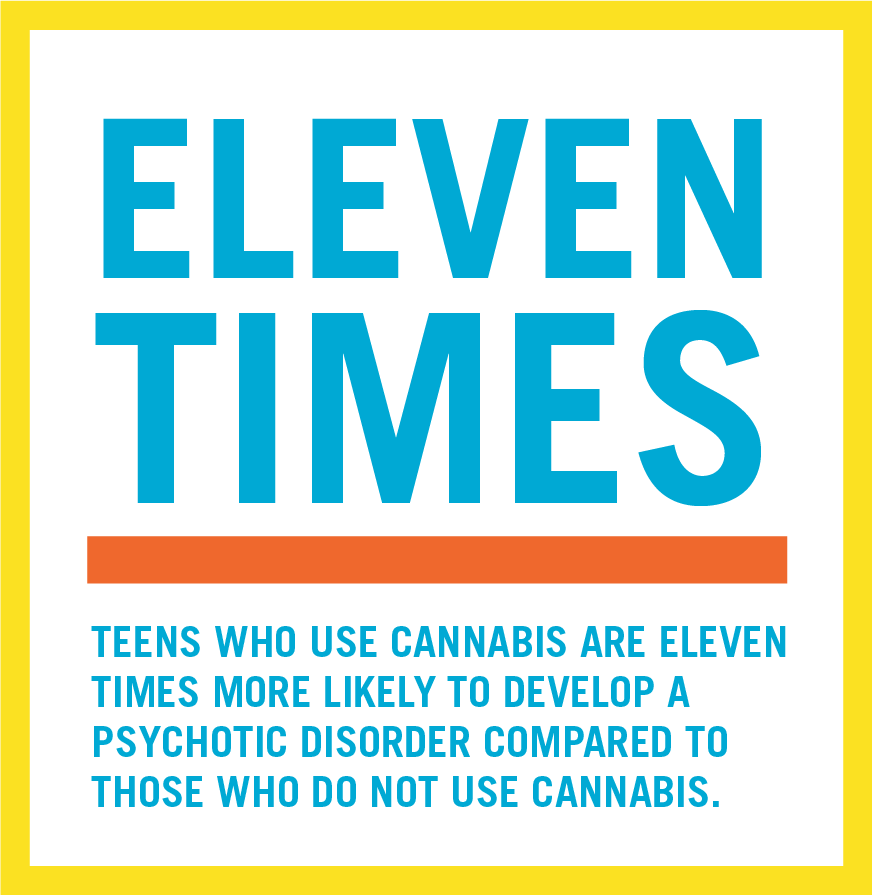SUBSTANCES
Guiding Our Kids Through a Risky Landscape
Substance use can feel like an inevitable or even normal rite of passage in the teen years. But with a landscape of easier accessibility, riskier substances, a notable nationwide decline in mental health among teens, and clear research pointing to the dangers of teen use of any substance, we can’t accept this as normal or inevitable any longer. Substance use isn’t “bad” behavior. What may start as curiosity and experimentation can lead to dependence, lack of control and serious consequences. So as parents, what can we do? We can learn a little, listen a lot, model positive coping skills, and lean into the tough conversations.
What’s The Big Deal?
The big deal is that drugs can have both short term and long lasting negative consequences on a teen’s body, brain, relationships, ability to feel joy, and their entire future. Some of the consequences include:
Changes to Brain Development
Risky Behaviors That Can Lead to Injury or Death
Negative Impact on Close Relationships
Unwanted Sexual Experiences
Heart and Lung Disease
Addiction
Want To Know More About A Specific Substance? Choose From One Below.
Talking To Your Child About Underage Substance Use.
As parents we often feel like we have to know it all in order to talk to our kids. But the information on alcohol and other drugs can be overwhelming and constantly changing. The truth is that you don’t have to be the expert, and your child is actually more likely to engage in a dialogue if it feels like they have something to teach you. Read on for tips on how to have these important conversations.
What’s Happening In Marin County?
The reality is that any and all drugs are happening in Marin, and any and all drugs are harmful for kids whose brains and coping skills are still developing. But in our county, some substances are more heavily used, more easily accessible, or just so dangerous that we all need to be aware of the risks. Read on to find out more about drugs generally, and some of the substances that have an impact on teens in Marin: Alcohol, Cannabis, Nicotine, Psychedelics and Fentanyl.
Navigate All Of The Let’s Talk Content In One Place
This includes Mental Health, Adolescent Development, Elementary Ages and What You Can Do as a caregiver.





